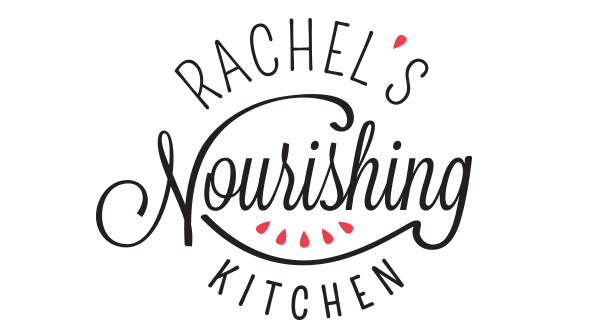Are you paleo? Vegan? Gluten-free? What diet are you on?
I can’t tell you how many times I’ve been asked questions about what “diet” I follow. I get it. It can be tempting to categorize ourselves and to label the way we eat.
We have a desire to know “the way” and what the right answer is when it comes to what we “should” be eating. But I’m not a huge fan of labels. They can be limiting, restrictive, and isolating.
If I had to describe the type of food I eat, I would say it is colorful, mostly plant-based, with a focus on whole, real ingredients that I can pronounce. I eat to feel good, not just for the next five minutes, but for as long as possible. I’ve found that gluten and dairy-based foods don’t make my body feel good, so I don’t eat them. I prioritize the quality of my food and want to know where it comes from and whom my purchase impacts.
But I’m not “on a diet,” and I don’t eat this way to prove anything to anyone.
A few years ago, I interviewed a local naturopathic doctor, Dr. Kristapps Paddock, and I’ll never forget what he said.

Dogma is a belief or set of beliefs that’s accepted by the members of a group without being questioned or doubted.
Isn’t that true of most diets?
We don’t question them. We accept them as truth because some celebrity, health expert, or friend told us so.
Unfortunately, this has brought us to a place of not questioning things, not asking why, not getting curious. We don’t stop to notice if they are working for us. One of the most helpful and transformational things we can do when it comes to what we eat is to question everything. To get curious. To pay attention to our body’s signals.
We know more than we’ve ever known about food and nutrition, but there is still so much more to learn that it doesn’t make sense for us to be polarizing when it comes to eating. It drives a lot of people away from conversations about nutrition. While the same general principles are universal (i.e., eat food, not too much, lots of plants), the nuances may not be. Everybody is different, so what’s most important is that we get curious about what works for US (not our neighbor, co-worker, friend or family member).
So, instead of adopting a dogmatic attitude toward eating, I have a food philosophy. It captures my approach to eating, the mindset I have around food, and what I believe to be true. It communicates what I’m about and how I want to think and feel when it comes to food.
It’s not irrefutable. It’s not scientific. It’s not the only way.
It’s empowering. It’s clarifying. It reminds me of what is true for me and my body. It’s what I’ve come to learn works best for me.
As you read it, I invite you think about which parts resonate with you. If anything does, try to hold on to that idea and let it guide the eating choices you make this week. If you want to take it to another level, try coming up with your own version of a food philosophy!
My Food Philosophy
I believe food matters.
I believe my body matters.
I believe I matter.
I believe I’m more than a number.
More than a dress size, calorie count, or scale reading.
I believe in being curious about what I eat and noticing, without judging, how food affects me.
I believe in connecting with my food, how it makes me feel, where it comes from and the impact it has beyond my plate.
I believe food is a way to connect with my body, my community, and my purpose.
I believe in slowing down and savoring food, noticing its textures, aromas, and beauty; pausing to express gratitude for the beauty on my plate.
I believe in enjoying food without anxiety, guilt, shame or judgment.
I believe in elevating the quality of my food and eating the highest quality available.
I believe in upgrading my diet to crowd out whatever is not working for me.
I believe in eating food that tastes good AND makes me feel good.
I believe in being open to exploring and trying new foods.
I believe food is inherently amoral (neither “good” nor “bad”).
I believe I am responsible for my eating choices.
If I’m going to eat it, I own it (I’m not “cheating”).
I believe having energy, glowing skin, a strong immune system and a positive mood are signs that I’m giving my body what it needs.
I believe in fueling and nourishing my body with whole, vibrant, healing food, so I can feel alive and energized and fulfill my purpose here on earth.
But I believe food is only part of the puzzle when it comes to being our best selves.
Food matters, but there is more to living well than eating well.
Friendships, community, connection.
Peace, patience, kindness.
Faith, grace, joy.
Love.


4 Pingbacks